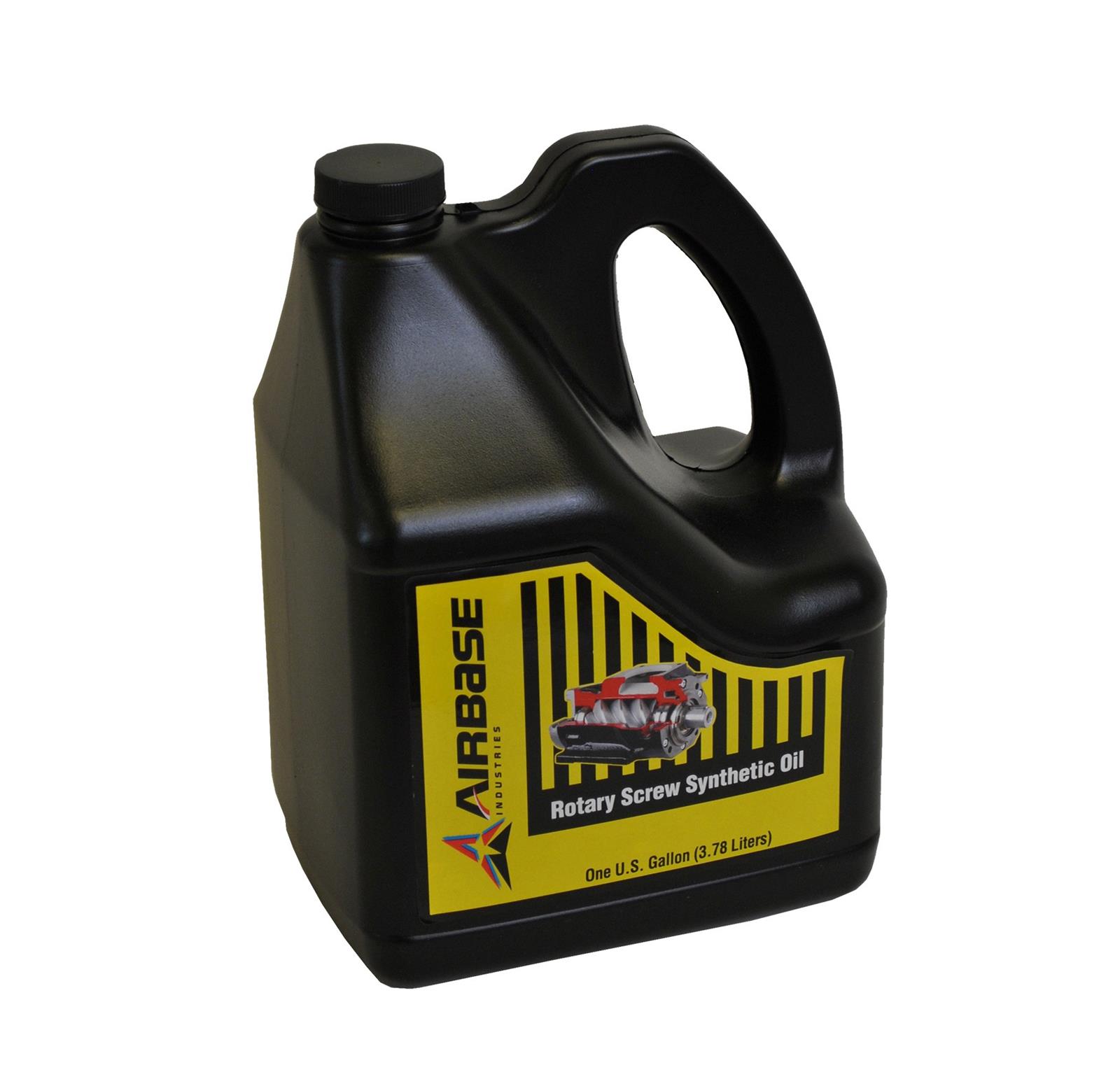

And as with motor oil, you’ll want to avoid any oils that contain detergents. Instead, it’s best to use basic, universal hydraulic oil labeled along the lines of, “for use in all hydraulic systems.” This can typically be found at any hardware or auto parts store. Most importantly, you don’t want to use just any type of hydraulic fluid you happen to have around – brake fluid and power steering fluid may technically be hydraulic fluids, but they’re formulated specifically for their respective systems and may damage your compressor pump. As with motor oil, there are a few things to consider before pouring hydraulic oil into your air compressor. Hydraulic oil is primarily used as a medium for transferring power in hydraulic machinery (power steering systems, aircraft controls, hydraulic lifts, etc.) but it also serves many of the same functions as air compressor oil – lubrication, cooling, and corrosion/oxidation control, to name a few. Hydraulic oil essentially falls under the category of hydraulic fluid – the distinction has to do with its composition and what it’s used for. Hydraulic oil is another viable substitute for air compressor oil in a pinch.


But unless you happen to have non-detergent motor oil of the correct viscosity laying around, this likely won’t be any more convenient than running to your local hardware store for more compressor oil. That being said, it won’t make much of a difference if you’re only using it in your compressor short-term (which is recommended).Īll in all, general-purpose non-detergent motor oil will provide the necessary lubrication and cooling to keep the motor running and prevent overheating. In general, it’s best to use synthetic oil because it tends to work best at different temperatures, creates less buildup inside the pump, and lasts longer than regular mineral-based oils.
COMPRESSOR OIL MANUAL
Your compressor’s user manual should specify what viscosity of compressor oil to use, and may even list acceptable motor oil substitutes.Īlong these lines, unless your manual specifically recommends it, it’s best to avoid using multi-viscosity oils (such as 10W30), as these can foam up when used in an air compressor. It’s always best to use the oil viscosity (often referred to as “weight”) closest to that of your original compressor oil. The former is ideal for warmer temperatures, while the latter is better for colder temperatures (SAE 20 is thinner, so makes startup easier in cold environments).

Most compressors use SAE 30 or SAE 20 oil. Oil ViscosityĪnother important consideration when using motor oil in your compressor is viscosity. This will lead to buildup on the piston and cylinder walls that can damage the motor. In an air compressor, detergents can prevent grit from sinking to the bottom of the oil sump, and instead, keep it suspended in the oil. Detergents are added to many motor oils to help clean the internal components of combustion engines. Most importantly, any oil you put in your air compressor should always be labeled as “non-detergent” or ND. Motor oil can be used in place of air compressor oil, but it needs to meet a few important criteria if you don’t want to damage your compressor pump.


 0 kommentar(er)
0 kommentar(er)
